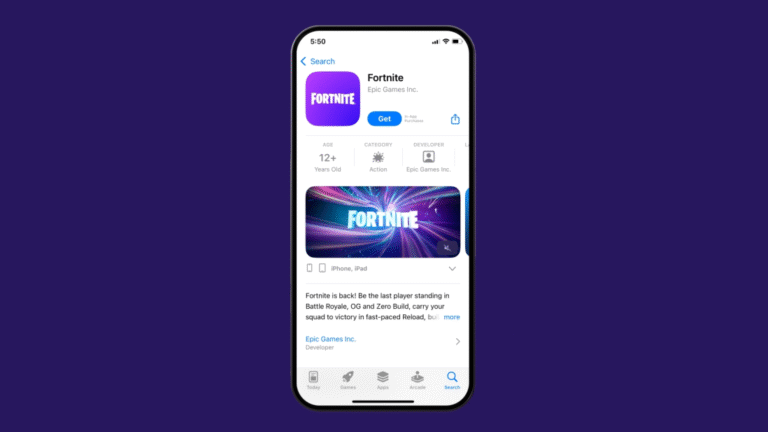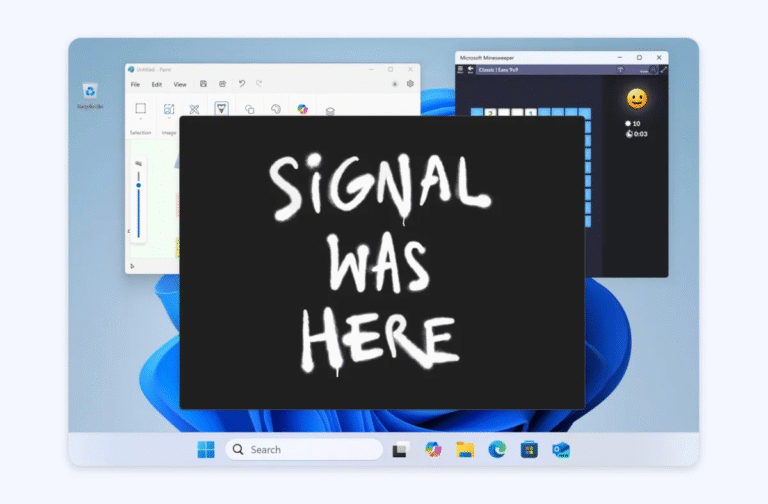In a surprising move, Perplexity AI, the innovative AI search startup, has announced its intention to acquire TikTok and overhaul its core algorithm. The proposal, outlined in a recent blog post, aims to address growing concerns about TikTok’s data privacy, algorithmic transparency, and monopolistic practices. But is this a genuine bid to revolutionize social media, or just another headline-grabbing stunt from the ambitious startup?
What Makes Perplexity’s Bid Unique?
Perplexity claims it is uniquely positioned to rebuild TikTok’s algorithm from the ground up, ensuring compliance with U.S. regulations while maintaining independence from Big Tech monopolies. Unlike other potential buyers, such as Oracle, Microsoft, or investor consortiums, Perplexity emphasizes its “Little Tech” ethos—a commitment to transparency, innovation, and user-centric design.
Here’s how Perplexity plans to transform TikTok:
- Rebuilding the Algorithm in the U.S.
The company proposes reconstructing TikTok’s recommendation system in American data centers under U.S. oversight, addressing national security concerns and ensuring compliance with local laws. - Transparent and Open-Source Systems
Perplexity aims to make TikTok’s algorithm open source, allowing researchers, developers, and users to understand how content is recommended—a move that could set a new standard for accountability in social media. - AI Infrastructure Upgrades
Leveraging Nvidia Dynamo technology, Perplexity plans to enhance TikTok’s AI capabilities, improving content delivery and personalization while reducing biases in the recommendation system. - Citation Capabilities for Videos
Borrowing from its own AI search tools, Perplexity intends to integrate citation features into TikTok videos, enabling users to verify sources and access additional context—a feature that could combat misinformation. - Seamless Integration with Perplexity Search
By merging TikTok’s vast video library with Perplexity’s advanced search capabilities, users could discover more relevant and personalized content, creating a richer, more informative experience. - Multilingual Accessibility
Automatic translation features would break down language barriers, making TikTok a truly global platform for content creators and viewers alike.
Why TikTok’s Future Hangs in the Balance
TikTok’s parent company, ByteDance, has faced mounting pressure from U.S. regulators over data privacy concerns and potential foreign influence. The app’s future in the U.S. has been uncertain since the Supreme Court ruled in January that the government could enforce a ban. Although President Trump temporarily delayed the ban, the deadline is fast approaching, leaving millions of users and creators in limbo.
Perplexity’s bid comes at a critical juncture, but it faces stiff competition from tech giants like Oracle and Microsoft, as well as investor groups led by Frank McCourt. With TikTok’s U.S. operations valued between 30billionand30billionand50 billion, Perplexity’s $18 billion valuation raises questions about its ability to secure the deal.
A History of Bold Moves
Perplexity is no stranger to attention-grabbing initiatives. From airing a high-budget Super Bowl ad mocking Google’s AI missteps to attempting to sponsor an F1 team, the startup has consistently made headlines. However, its TikTok bid raises eyebrows—some analysts speculate whether this is a genuine attempt to reshape social media or simply another publicity stunt.
What This Means for Users and Creators
If Perplexity succeeds, TikTok could undergo a dramatic transformation. Users might benefit from a more transparent, personalized, and informative platform, while creators could gain access to advanced tools for content discovery and audience engagement. However, the road ahead is fraught with challenges, including regulatory hurdles, technical complexities, and fierce competition.
The Bigger Picture: A New Era for Social Media?
Perplexity’s proposal highlights a growing demand for ethical, transparent, and user-focused social media platforms. As concerns about data privacy, algorithmic bias, and monopolistic practices continue to rise, initiatives like this could pave the way for a new era of digital innovation.
Whether Perplexity’s bid is genuine or not, it underscores the need for meaningful change in the tech industry. As the April 5 deadline for TikTok’s ban looms, all eyes are on the future of one of the world’s most popular social media platforms.








